High-level dialogue: UNESCO OER recommendation, implementation in the age of COVID-19
9 Sep 2020 13:00h - 14:00h
Event report
This high-level dialogue addressed the implementation of the UNESCO Recommendation on Open Educational Resources (OER) in the age of Covid-19.
Ms Zeynep Varoglu (Programme Specialist, UNESCO) detailed the content of the UNESCO Recommendation on Open Educational Resources (OER), adopted in 2019. The recommendation outlines five areas of action: building the capacity of stakeholders to create, access, re-use, adapt and redistribute OER; developing supportive policy for OER; encouraging inclusive and equitable quality OER; nurturing the creation of sustainability models for OER; and promoting and reinforcing international cooperation in OER. The OER Dynamic Coalition was recently established to facilitate international and regional cooperation. In response to the Covid-19 pandemic, UNESCO has issued a Call for Joint Action to support learning and knowledge sharing through OER worldwide.
Dr Melinda Bandalaria (Chancellor and Professor, Philippines Open University, Philippines) presented the main challenges and opportunities in implementing the recommendation on OER due to the COVID-19 pandemic. Bandalaria acknowledged that the current context forced the education sector to embrace online services, as an emergency measure. Bandalaria presented the case of the Philippines in the implementation of the recommendation, where training programs have been substantially increased since March 2020 to support remote teaching and learning. At the regional level, Bandalaria also listed the platforms mobilised for the implementation of the recommendation, such as SEAMEO and the Asian Association of Open Universities (AAOU). The OER supports equitable access to learning in the context of COVID-19 by removing cost, the major barrier to learning; by mobilising resources, by strengthening partnerships between academia and governments, and by enhancing international cooperation. Dr Ilham Laaziz (Director, Ministry of Education, Morocco) also highlighted the implementation of the recommendation in Morocco, particularly in response to the COVID-19 pandemic. A number of resources were openly shared by teachers’ associations and private actors in order to facilitate access to online materials in Morocco.
From a technological perspective, Mr Mitja Jermol (Director, Josef Stefan Institute, Slovenia) presented the recent work of the UNESCO Chair on Open Technologies for OER and Open Learning to develop OER powered by artificial intelligence (AI). Jermol presented various scenarios of OER supported by AI, for instance in automation of content gathering, translation, contextualisation, and learning analytics. Ms Dorothy Gordon (Chair, Information for All Programme, UNESCO) concluded with comments on the need to overcome traditional barriers to the right to education (language, access to resources). With the COVID-19 pandemic, a growing recognition has arisen that unequal access to resources needs to be addressed worldwide. This particular situation highlights the need for open platforms to promote open learning (as opposed to private monopolies), and to allow universal access to information.
Related topics
Related event

